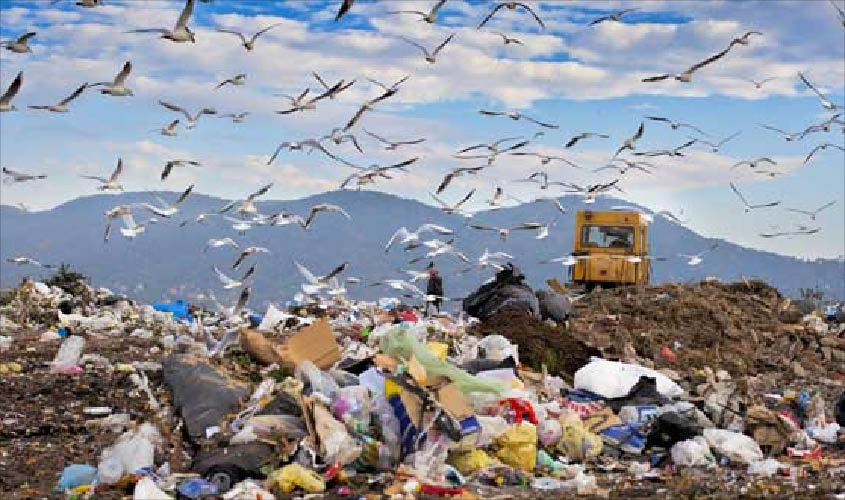Study says that appropriate policy measures are needed to ensure waste management becomes a key part of the economic cycle.
New Delhi: An amount of $5 billion every year is required to implement public-private partnership (PPP) model for municipal solid waste management (MSWM) in Indian cities.
According to a latest study “The big ‘W’ impact, effective urban waste management solutions in India”, conducted by ASSOCHAM jointly with Ernst & Young (EY), suggested the need for comprehensive and forward-looking policy which can accelerate a paradigm shift towards a modern and a healthy urban living.
“We need appropriate policy prescriptions to ensure that waste management becomes an important part of the economic cycle,” said the report, adding that besides toilet construction and eliminating open defecation, it will be a value add if there is an increased focus on waste management under the government’s flagship programme “Swachh Bharat Abhiyan”.
The report recommended: “There is a need to develop an in-house financial and managerial capability to award contracts to private sector and monitor the services provided, since the responsibility to ensure proper service delivery and compliance of standards, remains with the local bodies.”
Municipal solid waste management (MSWM) is a fit case for PPP model for India as urban local bodies (ULBs) alone are not strong, financially as well as technically, to manage solid waste.
Noting that disposal of millions of tonnes of untreated garbage by the municipal bodies is a problem waiting for a prompt and feasible solution in order to avoid major health issues and environmental degradation, the study said that India’s waste predicament presents numerous social and environmental challenges for ULBs, whose responsibilities include MSWM.
In India, the study highlighted that segregation and storage of municipal solid waste (MSW) at source is a major setback and the decomposable and non-decomposable squanders are frequently disposed of at regular collective dustbin/dump.
“The collection efficiencies are likewise observed to be poor, at around 70% in most Indian urban areas and keep on being overwhelmingly manual in nature,” it said.
It recommended employing emerging technologies such as blockchain, which is a decentralised technology disrupting the energy, climate and environmental sectors across the globe, to be inducted in sanitation as well.
“Waste and recycling companies are utilising this technology to reward people for recycling, solar energy generation, decentralising energy and other related transactions,” the report said.

